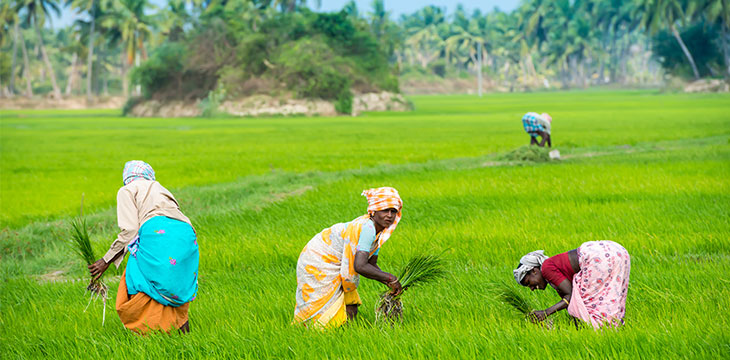
|
Getting your Trinity Audio player ready... |
Kerala government is looking to the blockchain to help it streamline parts of its operations, the Press Trust of India reported. The state, through the Kerala Development and Innovation Strategic Council (K-DISC), will use the technology to manage the purchase and distribution of a number of goods, including fish, vegetables and milk, among others.
Each entity in the supply chain will be provided with a separate ID number that will allow both the source and product quality to be verified at every link on the chain. A system similar to the Internet of Things (IoT) will be utilized, along with Radio-Frequency ID (RFID) tags and mobile applications, to monitor movements and refrigerated tanks. The latter is to ensure adherence to guidelines covering details such as product temperature.
Geo-coded images will be introduced and stored on a blockchain for both the vegetable and fish industries. Those images will register the farms and fish-landing locations and link them to package centers for quality control.
K-DISC, which was created to design and introduce plans for a healthier ecosystem, has taken a vested interest in blockchain technology. It has also created an educational program, the Accelerated Blockchain Competency Development project, that trains students in the technology so that they will have an edge when searching for blockchain-related jobs both in India and abroad.
K-DISC will also use the blockchain to enhance crop insurance, making the industry operate more efficiently and securely. This will help speed up processing and settlement claims for farmers who have lost their crops due to natural disasters. Incorporating blockchain technology will reduce the entire time needed for the crop insurance process, from creating an application to settling a claim.
Many in the country, including Prime Minister Narendra Modi, are fully behind blockchain innovation. In March, Modi said that there exists a need to rapidly adapt the technology, marking one of the first occasions that a country’s leader has backed blockchains.
In Andhra Pradesh, located in the southeastern part of the country, the local government launched a project called “FinTech Valley Vizag” in 2016. The idea was to turn Visakhapatnam, or Vizag, into a leading FinTech ecosystem. The project is progressing smoothly, and has already attracted a total investment of $900 million while offering 5,500 new jobs. The project hopes to supply 500,000 jobs by 2020.

 11-22-2024
11-22-2024


